African Investment Hubs: Exploring the Role of Special Economic Zones
Africa, a continent teeming with diverse cultures, landscapes, and untapped potential, has been steadily gaining recognition as a hub for economic growth and development. One of the strategies that several African nations have adopted to stimulate economic activity is the establishment of Special Economic Zones (SEZs). These zones offer unique features and investment incentives, making them attractive for both domestic and foreign investors.
This article from CADI takes a deep dive into the various SEZs across Africa, examining their unique features, investment incentives, and success stories, while also offering tips for investors considering these zones.
What are Special Economic Zones (SEZs)?
Special Economic Zones (SEZs) are geographically delineated areas within a country that offer special economic regulations and incentives to attract domestic and foreign investments. These zones are designed to create an environment conducive to business development, enhance economic growth, and increase job opportunities.
Unique Features of SEZs in Africa
- Tax Incentives:

- Tax Holidays: Many SEZs in Africa provide tax holidays, allowing businesses to operate for a specified period without paying corporate income tax.
- Customs Duties Exemption: Import and export activities within SEZs often benefit from customs duties exemptions, reducing the cost of doing business.
- Value Added Tax (VAT) Refund: Some SEZs offer VAT refunds for goods and services produced and sold within the zone.
- Infrastructure Development:
SEZs often come with state-of-the-art infrastructure, including roads, ports, and utilities, reducing the cost and time associated with setting up and operating a business.
- Regulatory Streamlining:
SEZs frequently offer streamlined administrative processes, reducing bureaucracy and regulatory red tape. This makes it easier for businesses to obtain permits and licenses.
- Access to Markets:
SEZs can serve as gateways to larger markets. Businesses within SEZs often enjoy easier access to regional and international markets, facilitating trade and export opportunities.
- Skills Development:
Some SEZs focus on fostering human capital development. They partner with educational institutions to provide relevant training and ensure a skilled workforce is readily available.
6. One-Stop Service Centers:
Many SEZs have one-stop service centers that provide a range of services, from business registration to work permits, making it convenient for investors to set up and manage their operations.
Success Stories in African SEZ’s
- Tanger Med, Morocco:
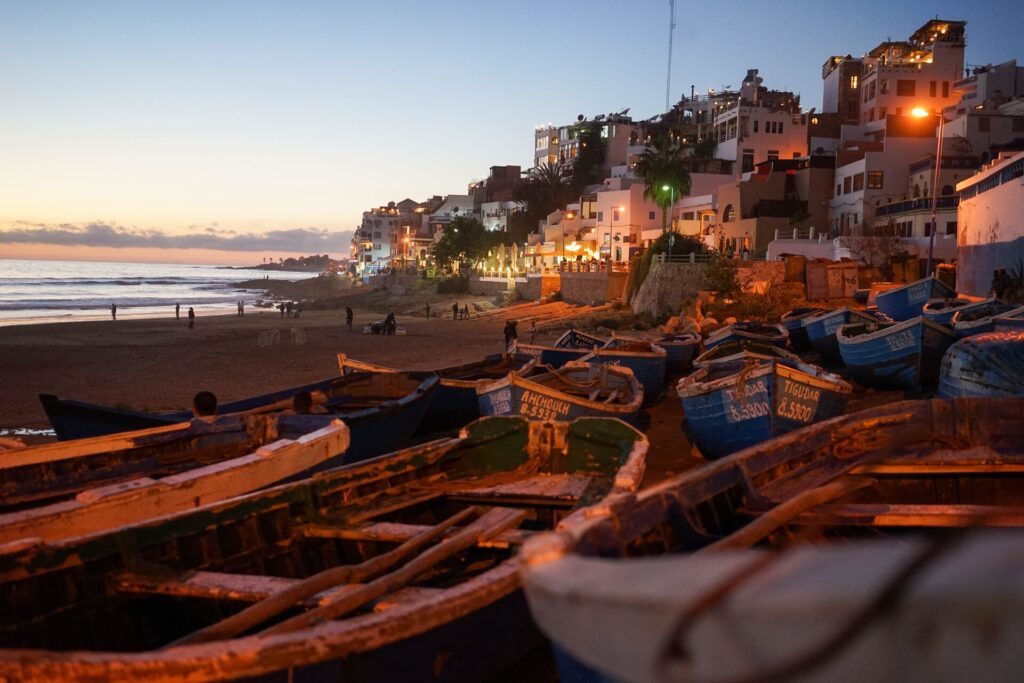
The Tanger Med Project is the largest port in Africa. The project is a strategic priority of the Moroccan government for the economic and social development of the North Morocco region. It is part of the economic policy orienting Morocco towards exports, based on eight clearly identified export sectors, with particular emphasis on the free trade agreement with the European Union to be implemented by 2012.
Completion of the Tangier-Mediterranean project will have important economic effects in terms of jobs, creation of added value and foreign investment becoming Investment hubs in Africa. Its particular position on the Straits of Gibraltar, at the crossing of two major maritime routes, and 15 km from the European Union will enable it to serve a market of hundreds of millions of consumers through the industrial and commercial free zones which will be run by well-known private operators.
It will also win part of the strong growth market of container transshipment and become the leading hub for cereal transshipment, a facility which is non-existent in the north-west African region at present. The project will be implemented, coordinated and managed by TMSA, a private company with public prerogatives, operating under an agreement with the State and interacting with the different ministries involved.
- Rwanda Special Economic Zone:

Rwanda’s SEZ program is designed to address some of the domestic private sector constraints such as availability of industrial and commercial land, availability and the cost of energy, limited transport linkages, market access and reduced bureaucracy and availability of skills.
Designated, serviced land is provided for small and large scale industrial development, as well as reliable, quality infrastructure, competitive fiscal and non-fiscal regulations and streamlined administration procedures.
With the creation of six sub cities in the pipeline by the government of Rwanda, services will draw closer to Rwandans, a potential for increased development also upon completion the proposed cities will double as economic poles of growth for the country with availability of serviced land for industrial development in remote areas. Hence curbing the habit of rural-urban migration as social amenities will be brought closer to the people.
- Kigali Special Economic Zone
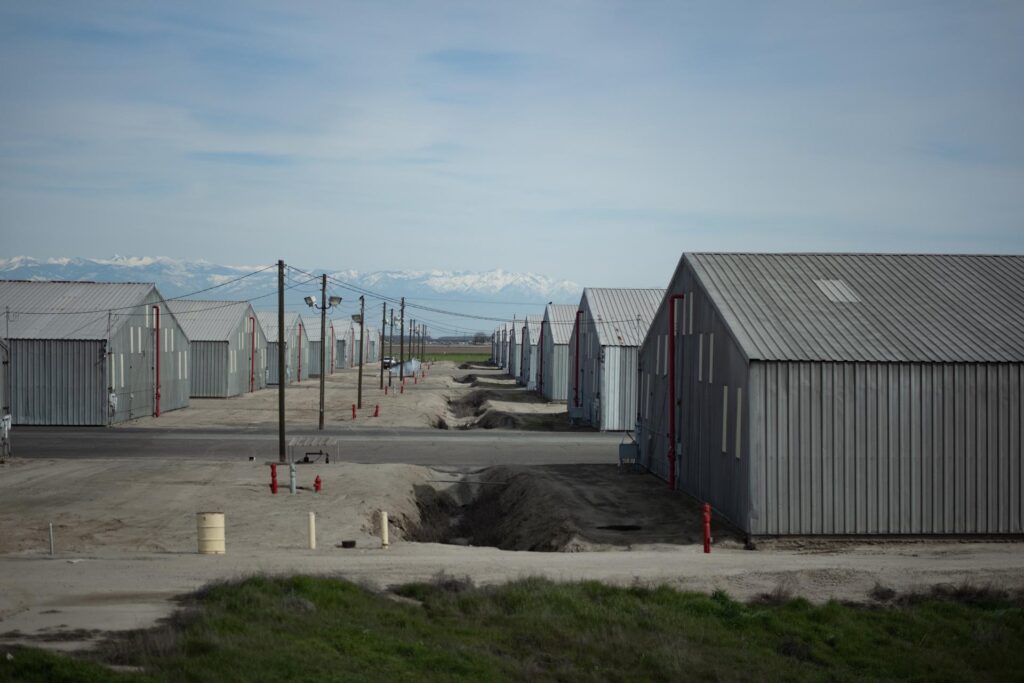
The Kigali Special Economic Zone (KSEZ) has been set up through the merger of former Kigali Free Trade Zone and the Kigali Industrial Park projects.
The Kigali SEZ is developed in two phases:
Phase I: Phase I covers 98 hectares of land. It is serviced with roads, electricity, water and firefighting systems, sewage and fiber optic cables that will serve in easing the operations of investors.
This phase hosts 97 plots divided as follows:
- One plot sheltering a control room where all the electricity of the zone converges and is controlled.
- One plot sheltering water tanks supplying potable water to individual plots.
- One plot sheltering a sewage treatment plant that will treat all the sewage water from industries.
- 94 plots that accommodates industries/warehouses.
Phase II: Phase II has 178 hectares of land. It is serviced with roads,electricity, water and firefighting systems and sewage network.
The number of plots in that phase is 67 plots divided as follows:
- One plot sheltering a control room where all the electricity of the zone converges and is controlled
- One plot sheltering water tanks supplying potable water to individual plots
- One plot sheltering a sewage treatment plant that will treat all the sewage water from industries
- 64 plots that will accommodate industries/warehouses including One plot that will serve as an ICT PARK
Acquiring land in Kigali SEZ: Land in SEZ is acquired through the “developer” (private company) but under the regulation of the government in this case SEZAR. The price per square meter is USD 62 and the minimum size of land that can be acquired is one hectare. After acquiring the land you get all the relevant licenses and permits from RDB at SEZAR.
3. Coega, South Africa:
The Coega Special Economic Zone (SEZ), established in 1999 and 9003 ha in extent, is situated near Gqeberha (Port Elizabeth) in the Eastern Cape province of South Africa. The initiative is a multibillion-dollar industrial Investment hub in Africa customized for heavy, medium and light industries, and adjacent to a deep-water port, the Port of Ngqura.
The Coega Development Corporation (CDC) is the developer and operator of the Coega SEZ and is responsible for the land side infrastructure, while the Transnet National Ports Authority (TNPA) develops the deep-water port facility, the Port of Ngqura.
The Coega SEZ is a phased development around industry clusters with Custom Control Areas dedicated for export-oriented manufacturing for companies located in the zone. Coega offers a platform for global exports by attracting foreign and local investment in manufacturing industries.
A strategic development framework plan for the Coega SEZ has been developed, focusing on infrastructure development and facilities for the core development area, which comprises 65km². The Coega SEZ is demarcated into 14 zones and is specifically designed along the cluster model linking related industries from the commercial cluster, logistics cluster to automotive cluster, and energy cluster. The Coega SEZ was developed to attract investment from the automotive, agro-processing, chemicals, energy, general manufacturing, metals, and business process outsourcing.
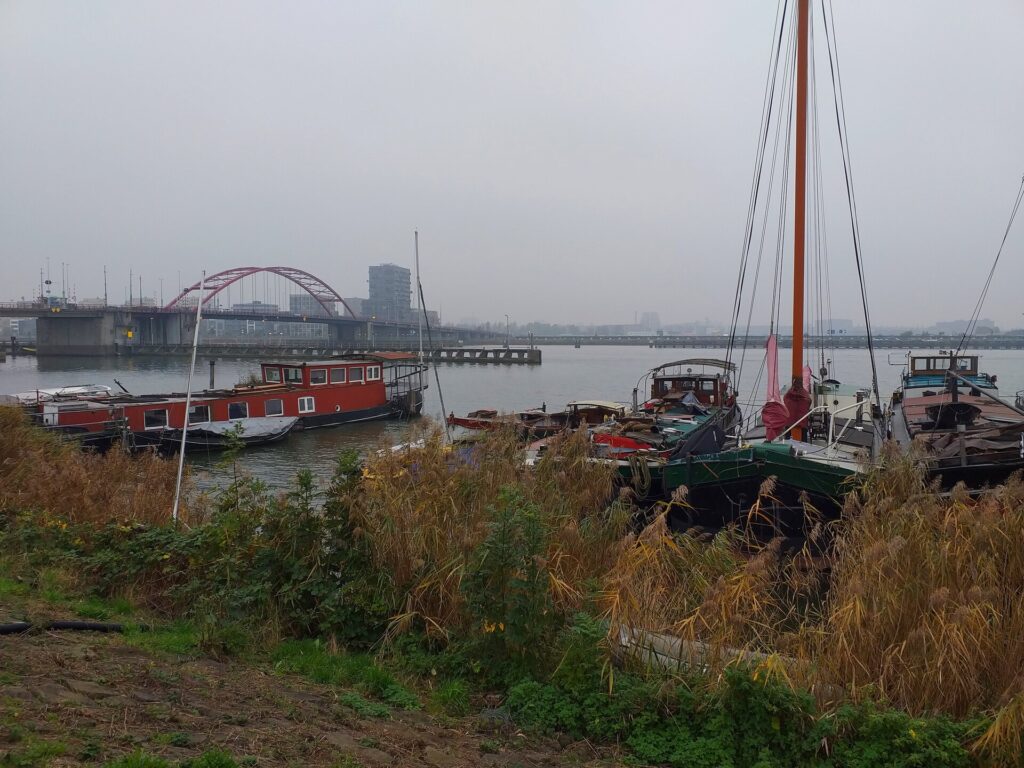
The Port of Ngqura is a deep-water port adjacent to Coega SEZ, 20 km northeast of Gqeberha on the east coast (Indian Ocean) of South Africa. The deep-water port, with a depth of between 16m and 18m, cost R10 billion and became operational in 2009. The Port assists the Coega SEZ as a means of transporting equipment and manufactured products in and out of the country.
4. Lekki Free Trade Zone, Nigeria:
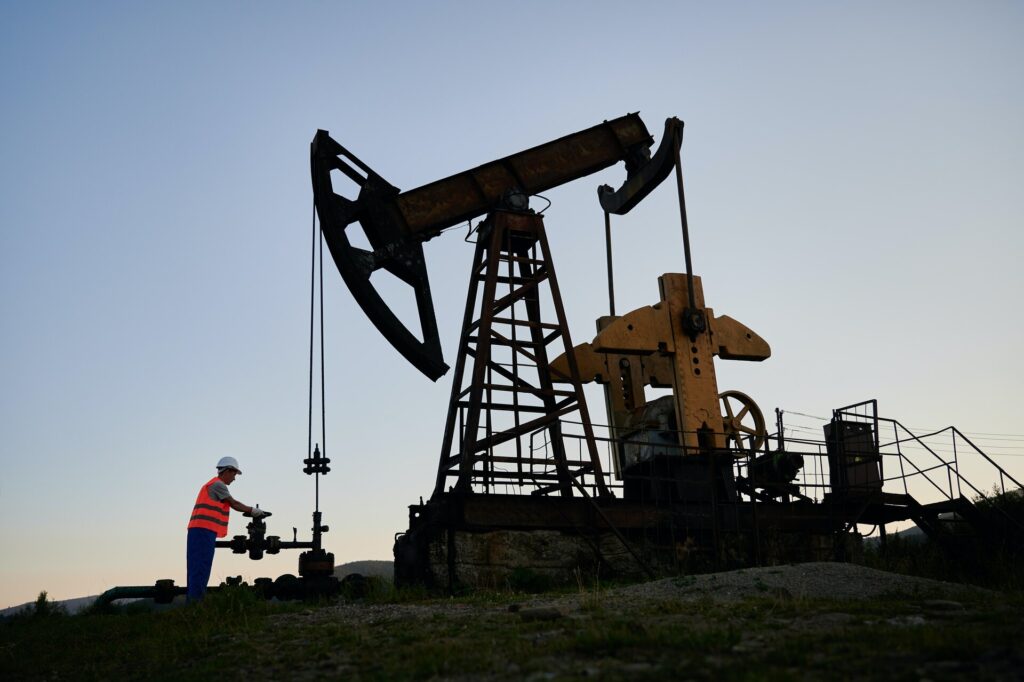
The Lekki Free Zone is located in the southeastern corner of Lagos State, facing the Atlantic Ocean to the south and the Lekki Lagoon to the north. It is bordered by five kilometers of coastline and is 50 kilometers from Victoria Island, Lagos.
Created in 2006, the Lekki Free Zone is a modern free zone managed in accordance with international best practices. The zone’s 16,500 hectares are divided into four quadrants and managed by various operators, benefiting from Lagos State’s position as the premier distribution hub in West Africa.
The Zone is fast attracting local and foreign investors. The largest oil refinery in Africa, a fertilizer plant, petrochemical plant and a sub-sea gas pipeline project is under construction by Africa’s richest man, Alhaji Aliko Dangote, and valued at $17 billion. The largest Deep Sea Port in West Africa is also under construction opening up access for export to West Africa and beyond.
The Lekki Free Zone is regulated by the Nigerian Export Processing Authority and is subject to the laws of the Federal Republic of Nigeria.
Economic Benefits Of Special Economic Zones (SEZs) in Africa
- Increase in Foreign and Domestic Private Sector Investment: SEZs create an environment that attracts both foreign and domestic investors. Foreign direct investment (FDI) is encouraged by offering incentives like tax breaks and streamlined regulations. Domestic businesses are also incentivized to establish operations within the zone, driving economic growth.
- Job Creation: SEZs are powerful engines for job creation. They provide employment opportunities across various sectors, including manufacturing, services, and logistics. This helps alleviate unemployment rates and improve overall economic well-being.
- Income Generation: SEZs generate income through multiple channels. Firstly, they directly employ a significant workforce, providing steady wages. Additionally, the economic activity within the zone creates demand for goods and services, benefiting businesses outside the zone, leading to indirect income generation.
- Export Growth and Diversification: SEZs are designed to promote export-oriented industries. By focusing on high-quality production for global markets, countries can diversify their export base, reducing dependence on a single industry or market.
- Industrial Development and Specialized Infrastructure: SEZs often house industries that require specialized infrastructure, such as advanced manufacturing facilities, technology parks, and research centers. This fosters the growth of high-value industries and promotes technological advancements.
- Skills Upgrade and Technological Transfer: SEZs facilitate the transfer of skills and technology by attracting industries that require specialized knowledge. This can lead to the development of a highly skilled workforce and foster technological innovation.
- Increased Tax Revenue and Budget Deficit Reduction: The economic activity generated within SEZs contributes significantly to tax revenue. Governments often offer tax incentives to attract businesses to SEZs, but the increased economic activity ultimately leads to higher tax collections. This helps in reducing budget deficits.
- Environment Protection: Well-designed SEZs incorporate environmental sustainability practices. They may include green infrastructure, waste management systems, and renewable energy initiatives. This ensures that economic growth is achieved without compromising the environment.
- Import Substitution: SEZs encourage local production, reducing the need for importing certain goods. By fostering a competitive domestic industry, countries can manufacture products locally, meeting local demand and reducing reliance on imports.
- Reduced Balance of Payment Deficit: When SEZs focus on export-oriented industries, they contribute to a positive balance of trade. This means that the value of exports exceeds the value of imports, which in turn, helps to strengthen the country’s overall economic position.
- New Provincial Industrial Park Status: Establishing SEZs can elevate a region’s industrial status. It attracts attention and investment, transforming the area into a hub of economic activity. This status can lead to further development and growth in the province.
By understanding these detailed benefits, policymakers and investors can make informed decisions regarding the establishment and operation of SEZs, ultimately driving economic growth and development in Africa.
Tips for Investors Considering African SEZs
- Conduct Thorough Due Diligence: Before investing in an African SEZ, research the specific incentives, regulatory environment, and sector-specific opportunities. It’s essential to understand the zone’s unique features and how they align with your business goals.
- Engage Local Partners: Collaborate with local partners who understand the market, regulations, and cultural nuances. This can help navigate challenges and build strong relationships within the zone.
- Consider Infrastructure and Logistics: Evaluate the availability and quality of infrastructure, transportation, and logistics in and around the SEZ. Efficient logistics can greatly impact the success of your operations.
- Leverage Skilled Workforce: Look for zones that offer workforce development programs and educational partnerships. A skilled workforce can be a valuable asset for your business.
- Understand Regulatory Compliance: Ensure you are aware of all regulatory requirements within the SEZ. Compliance is crucial for smooth operations and avoiding legal issues.
- Network and Collaborate: Actively engage with other businesses and government agencies within the SEZ. Collaboration and networking can lead to valuable opportunities and partnerships.
- Evaluate Market Access: Consider the zone’s proximity to your target markets. Easy access to regional and international markets can be a significant advantage.
Conclusion
Special Economic Zones in Africa present unique opportunities for investors seeking to tap into the continent’s burgeoning economic potential. With tax incentives, streamlined regulations, and access to markets, these zones have become success stories in their own right.
However, it’s essential for investors to conduct thorough research, leverage local expertise, and carefully consider their business plans before entering an SEZ. By doing so, investors can make the most of the economic opportunities these zones offer and contribute to Africa’s economic growth and development.
At CADI, we’re dedicated to driving sustainable economic transformation across Africa. We understand the immense potential that SEZs hold for businesses and investors. Through our inclusive policies and strategic partnerships, we empower governments and the private sector to create environments conducive to economic growth.
If you’re interested in exploring investment opportunities in Africa‘s Special Economic Zones, or if you have any questions, feel free to reach out. Together, let’s shape a prosperous future for Africa.


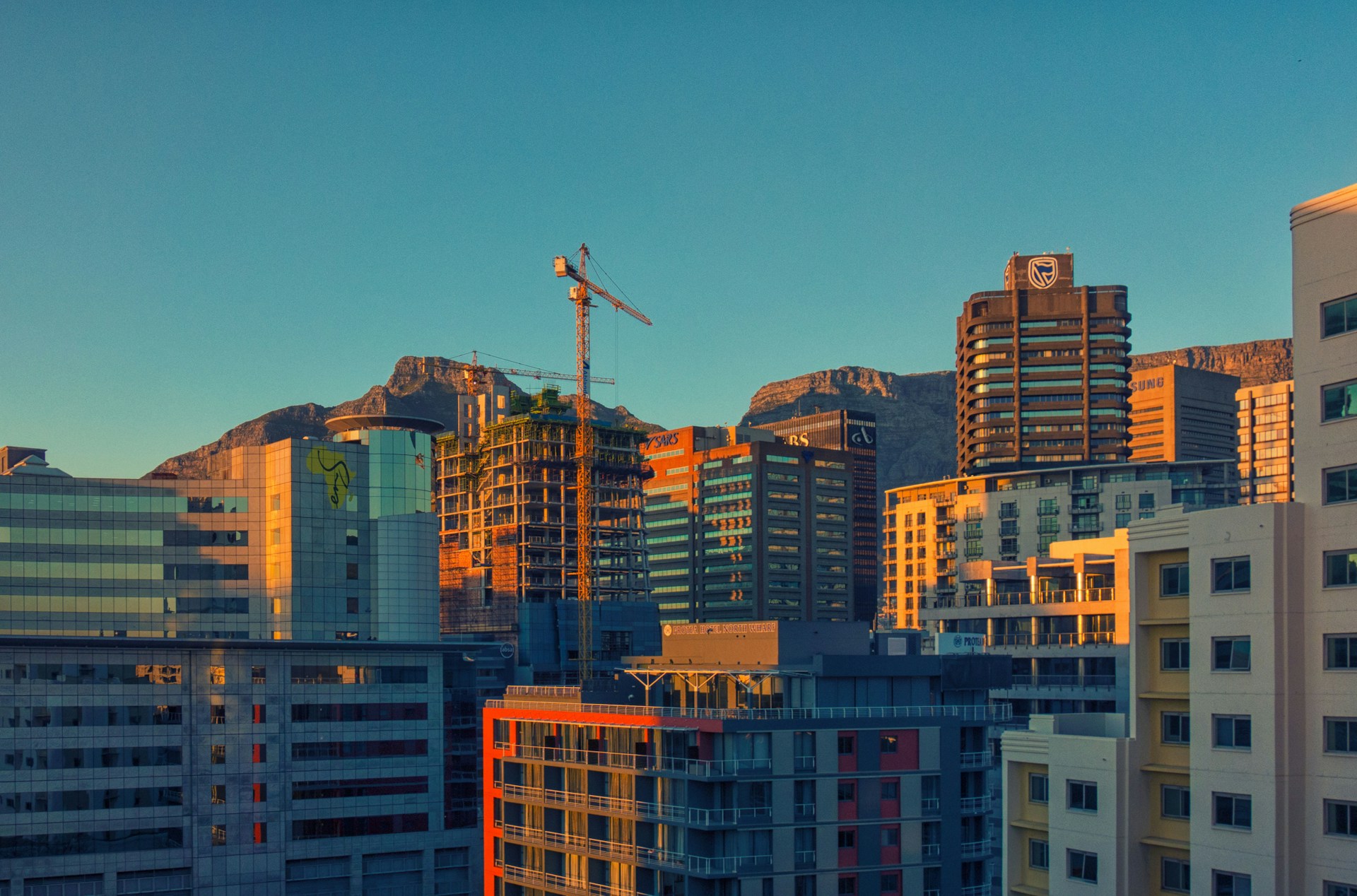

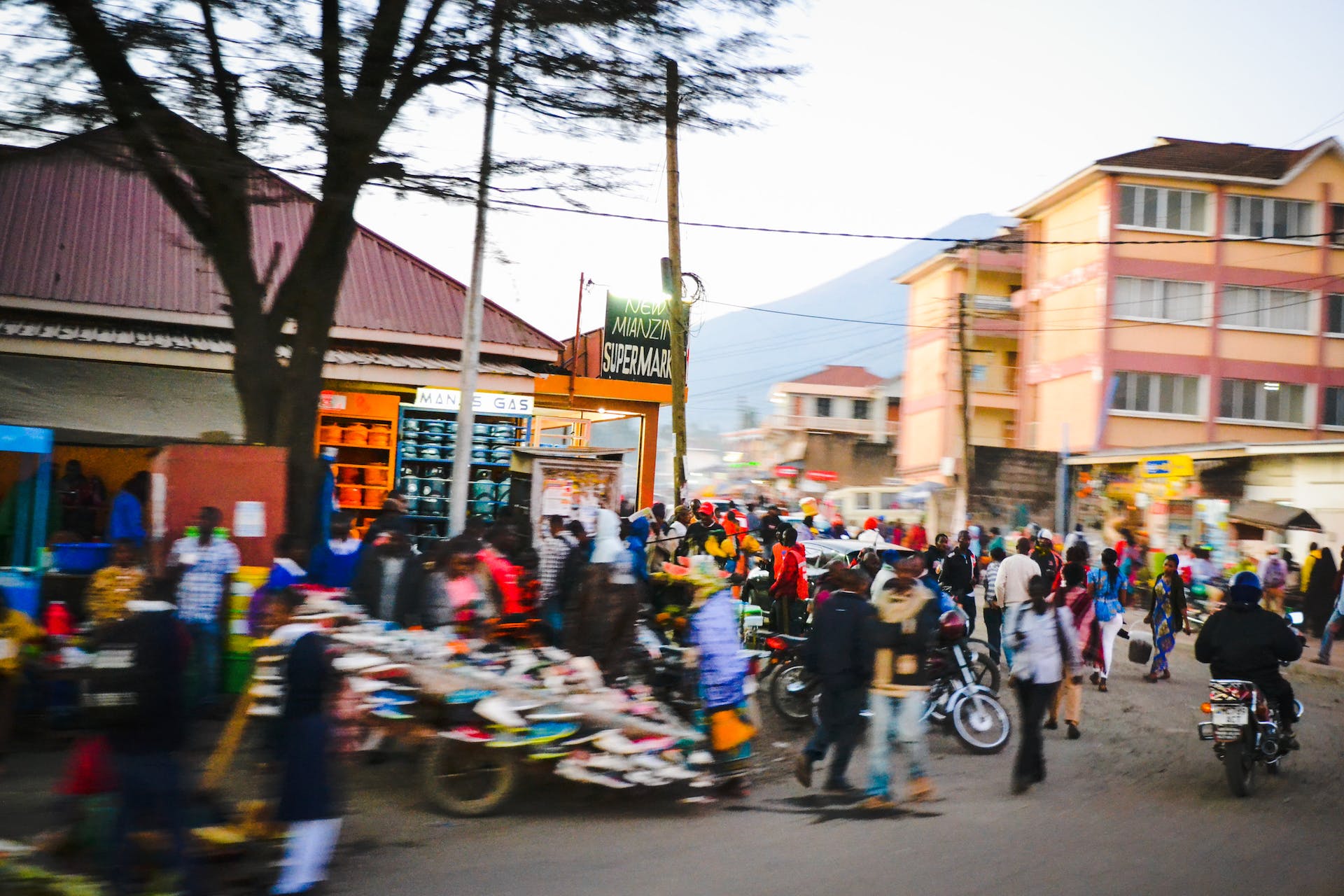

Leave a comment